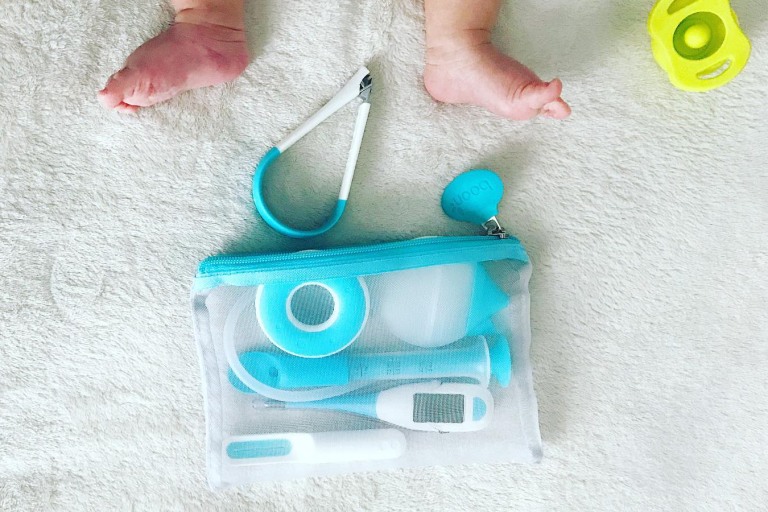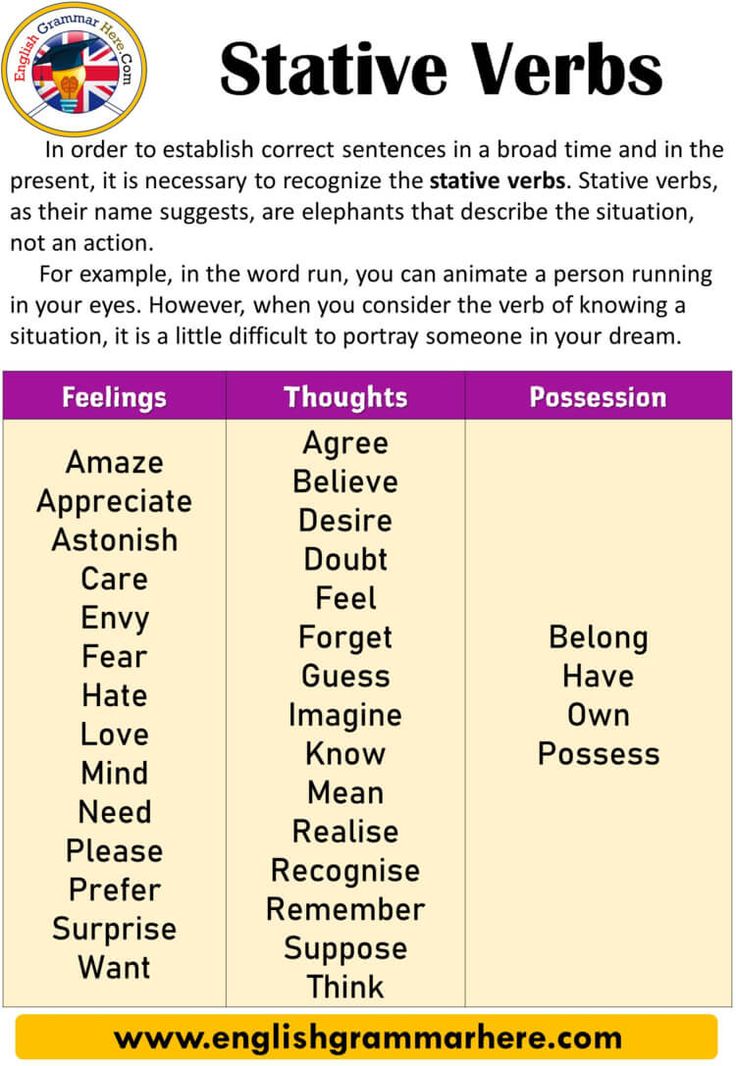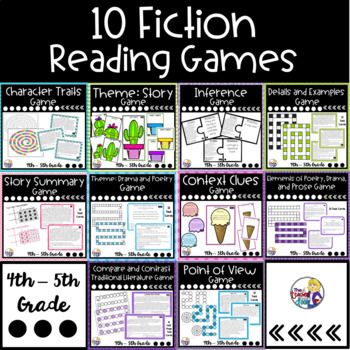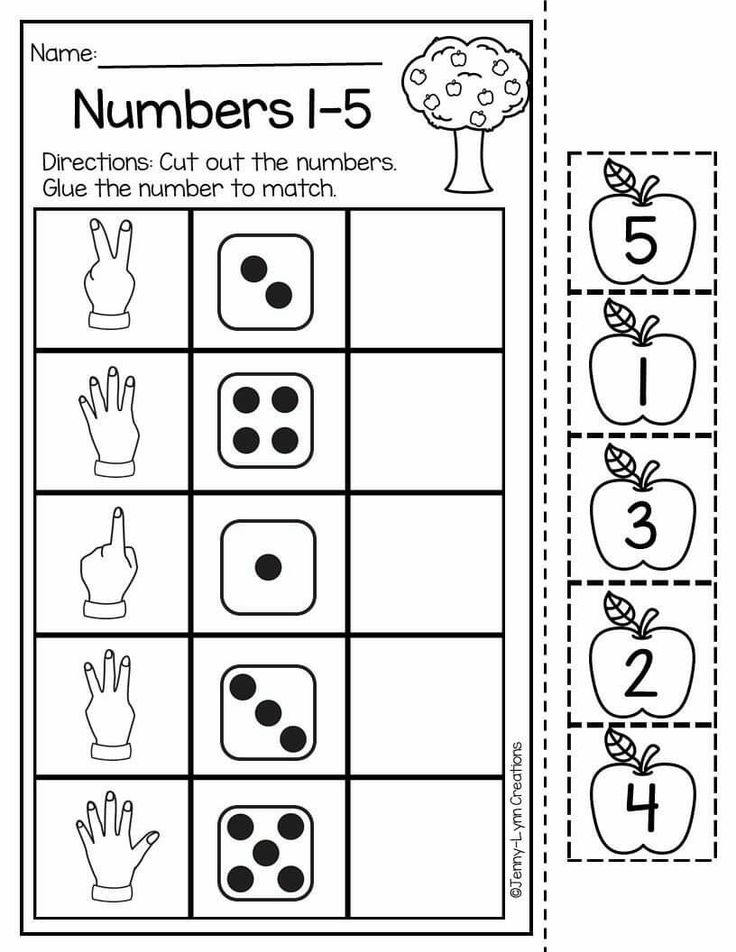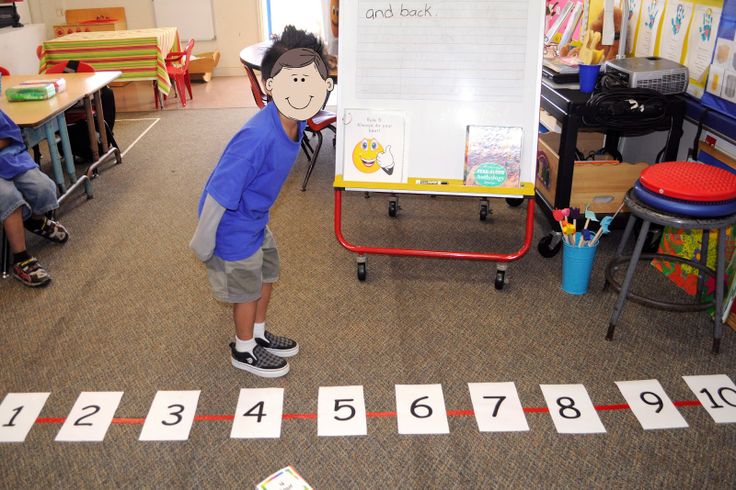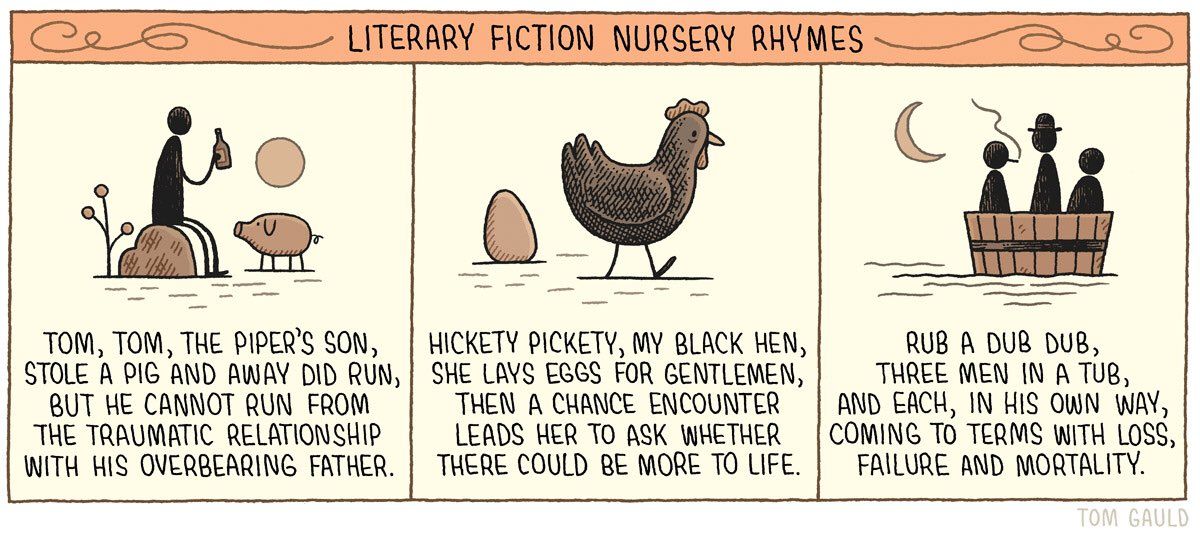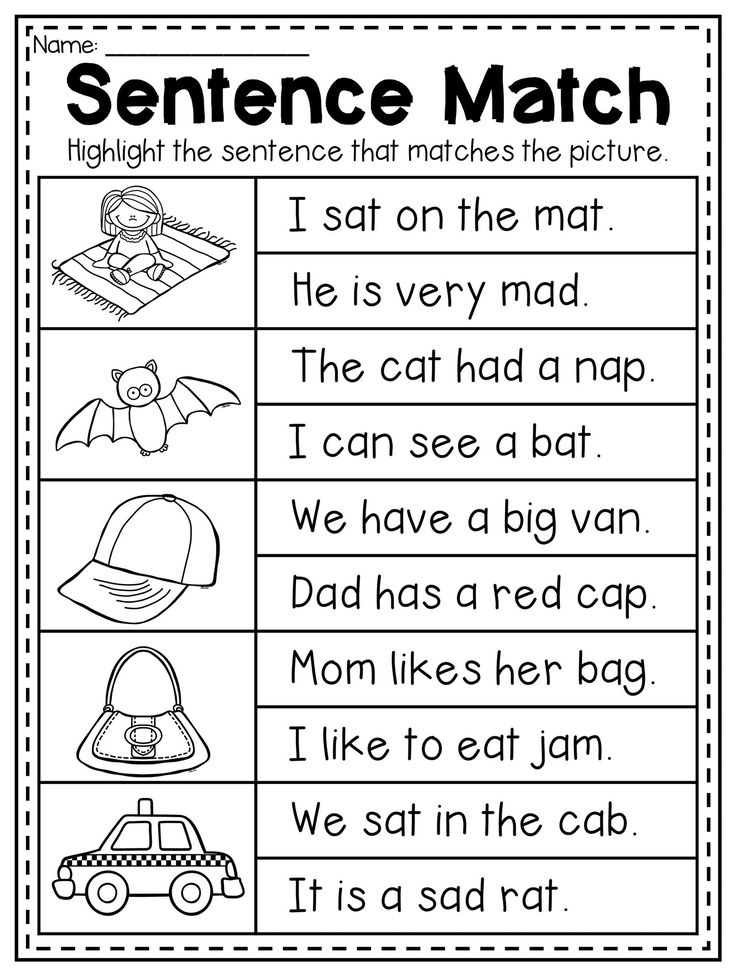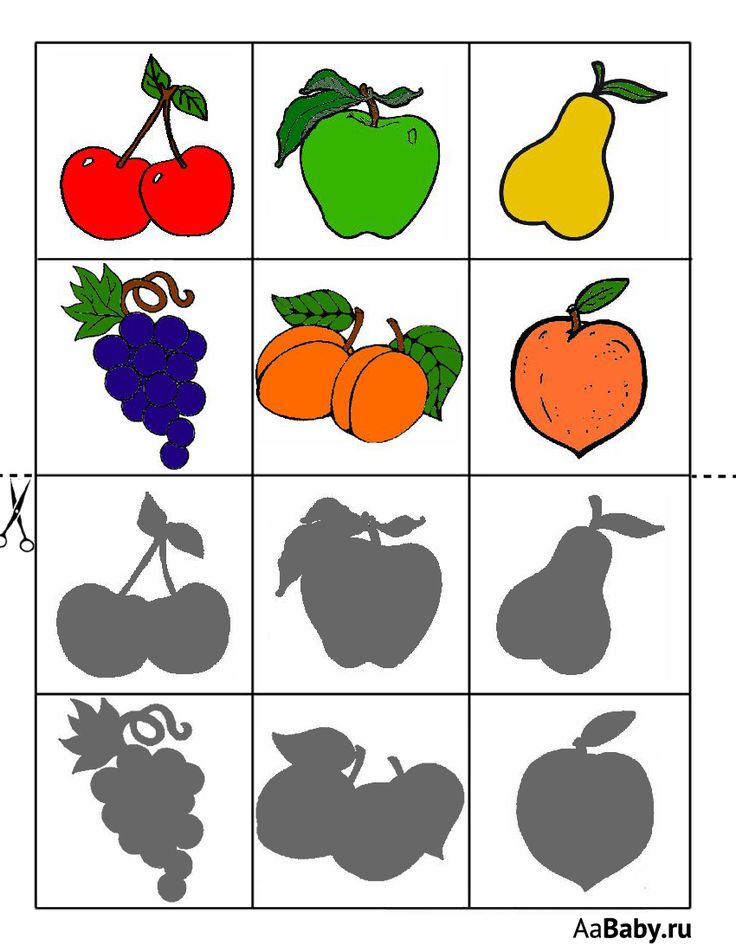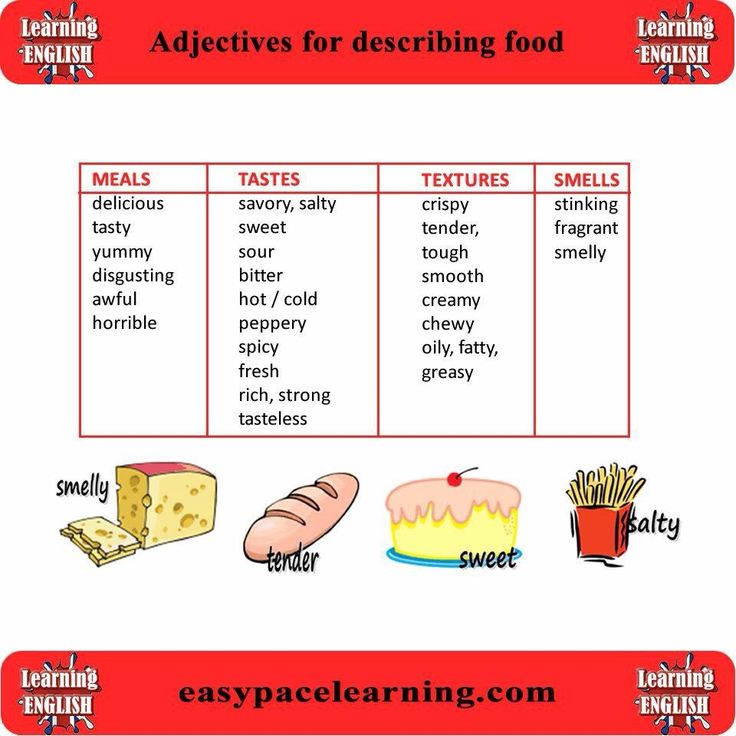Baby learning kit
Teach My | Learning Kits for children 6 months and up!
Teach My | Learning Kits for children 6 months and up!100% Screen Free!
Teach My
Baby Learning Kit$29.99Learn More
Teach My
Toddler Learning Kit$29.99Learn More
Teach My
Preschooler Learning Kit$29.99Learn More
Teach My
Kindergartener Learning Kit$29.99Learn More
We are Teach My, an award winning, woman-owned educational toy company! Since 2007, we have been providing parents, grandparents, caregivers and teachers with screen free, simple tools to teach the basics in just 20 minutes a day. From first words, the alphabet, reading and spelling to first numbers, counting and early math, our learning kits can help children succeed in school and develop a lifelong love of learning.
Featured Video
Testimonials
Like a lot of twins, my boys are having a speech delay and our speech therapist loves the Teach My Baby flash cards and books since it reinforces the same pictures :) I had bought the kit when they were around 4 months thinking we would start early and then I got busy and didn't introduce it until I needed simple books without a ton of pictures on each page (again a rec from the speech therapist). Most first word books have way too many pictures per page and they aren't ready for that yet!
I wish we'd started earlier, but it's so helpful now that we are really working on speech and comprehension ;) They love that the cards aren't just flash cards, but also puzzle pieces that they can take out and push in ;) It keeps them engaged, as do the touch and feel cards. We will definitely be trying the next level Teach My kits as they progress!
Lauren Ellis
My husband and I wanted to let you know what a huge impact the Teach My line has made in our son's life.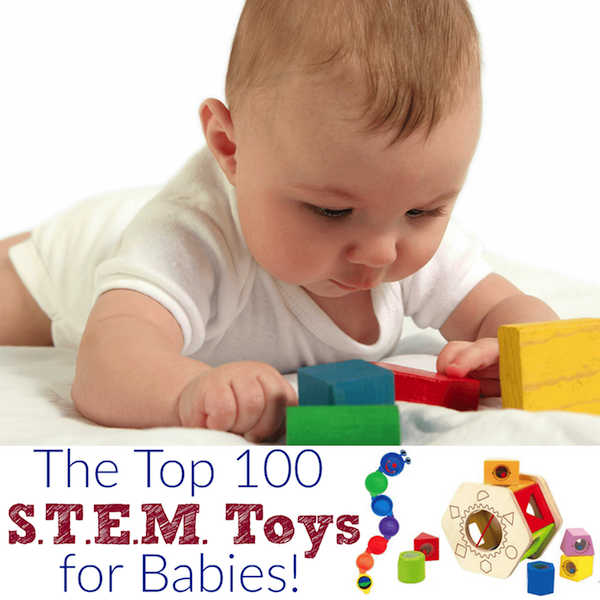 He is turning 6 this year, and we have been using the "Teach My" products regularly since he was just under 1 year. I spoke with his JK teacher this morning and she is amazed that he is reading at a Grade 3 level. We think a lot of this has to do with using the "Teach My" series and through it's use, showing our son how rewarding learning can be. My husband and I both work full-time and, in all honesty, wouldn't have had the creativity to come up with the learning sets ourselves. But, we are able to use your sets 20 min every day. We are so grateful for your product. Thank you a million times for helping to inspire a love of learning in our family!
He is turning 6 this year, and we have been using the "Teach My" products regularly since he was just under 1 year. I spoke with his JK teacher this morning and she is amazed that he is reading at a Grade 3 level. We think a lot of this has to do with using the "Teach My" series and through it's use, showing our son how rewarding learning can be. My husband and I both work full-time and, in all honesty, wouldn't have had the creativity to come up with the learning sets ourselves. But, we are able to use your sets 20 min every day. We are so grateful for your product. Thank you a million times for helping to inspire a love of learning in our family!
Dana Nyholt
I have a 3 year old that has a speech delay. I have used other preschool activities to help her speech but she lost interest or didn't want to participate. I bought your preschool kit last week and we have done it every day! She absolutely loves it! We just did the foam numbers on the book and she not only put them in the right place first try but repeatedly counted them correctly!! She was so proud of herself and counted them at least 10 times! This means so much to us! I just wanted to say thank you for making a product that's actually working for us!!!
Janelle and Kaitlyn
Infant Learning Company Kits
Toggle Nav
Search
Search
Menu
Account
Settings
Language
English (US)
- Add More
Currency
USD - US Dollar
- GBP - British Pound
- EUR - Euro
Sort By Position Product Name Price Set Descending Direction
View as Grid List
22 Items
Show
15 30 All
per page
Sort By Position Product Name Price Set Descending Direction
View as Grid List
22 Items
Show
15 30 All
per page
Primary education programs.
 Official portal of the Administration of the city of Omsk
Official portal of the Administration of the city of Omsk When choosing a specific educational and methodological set of the educational program, it is recommended that you definitely visit the parent meetings of future first-graders, the schedules of which can be found in educational institutions. It is advisable to talk with educational psychologists to determine the individual educational route of the future first-grader.
System of developmental education L.V. Zankova
A set of textbooks on the system of developing education L.V. Zankov is aimed at the optimal overall development of each student. Based on the position of L.S. Vygotsky that learning should go ahead of development. In the system of L.V. Zankov's training is built at a high level of difficulty, in compliance with the measure, with the leading role of theoretical knowledge and relying on a fast pace of learning material.
Particular attention is paid to the adaptation period — the development of psychological functions necessary for productive learning: auditory, visual and speech organs, hand motor skills, spatial and temporal orientation, phonetic hearing, etc.
| Kirovsky District | Leninsky District | October District | Sovetic District |
|---|---|---|---|
| 43, 56, 73, 88, 124, 141, 142 | 9, 44, 46, 61, 95, 96, 98, | 6, 69, 113, 146 |
D.B. Elkonina - V.V. Davydova
A set of textbooks on the system of developmental education D.B. Elkonina - V.V. Davydov is aimed at forming the foundations of theoretical thinking among younger students. Theoretical thinking (analysis, planning, reflection) develops in the process of learning activity, is built in the form of setting and solving a learning problem. The developing nature of educational activity is provided by various forms of educational cooperation, independent orientation of the child in the information field. V.V. Davydov developed the structure of such activity: need - task; motive - action - means - operations.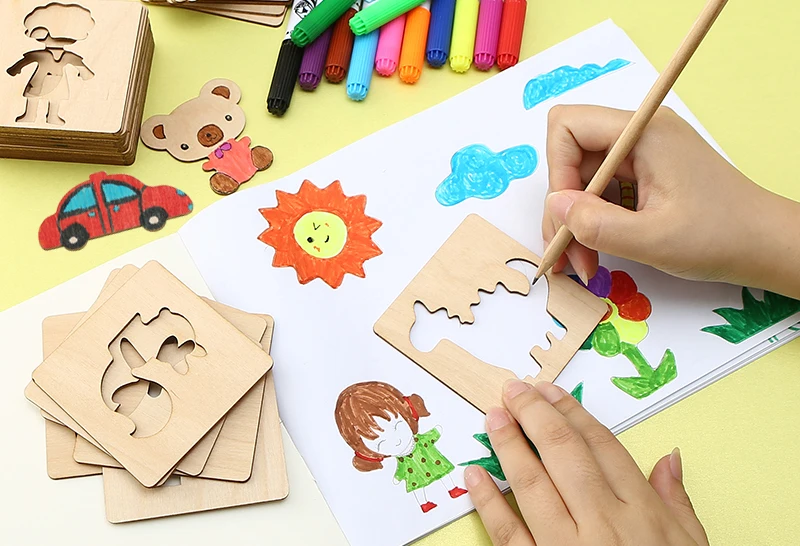 The mental activity of the student, according to the concept of developmental education, is directed to the assimilation of generalized methods of objective actions, that is, to the formation of a general way of solving a learning problem. The resulting need for the assimilation of theoretical knowledge subsequently becomes an independent educational motivation.
The mental activity of the student, according to the concept of developmental education, is directed to the assimilation of generalized methods of objective actions, that is, to the formation of a general way of solving a learning problem. The resulting need for the assimilation of theoretical knowledge subsequently becomes an independent educational motivation.
The educational and methodological package "School-2000" - "School-2100" is based on new didactic principles: new knowledge. The inclusion of the child in a special organizational educational and cognitive activity makes the learning process active;
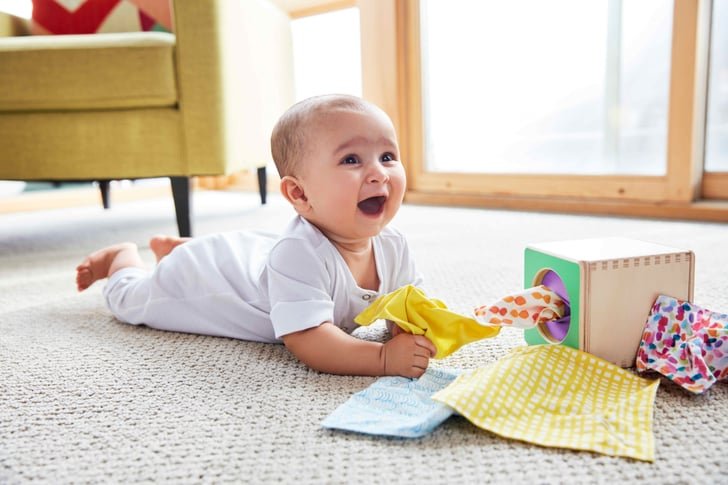 Thus, the child's educational abilities are taken into account, and the individual level of mastering the subject is regulated.
Thus, the child's educational abilities are taken into account, and the individual level of mastering the subject is regulated. The logic of the educational process is set by a specific structure of activity: the transition from joint, collectively distributed to independent activity, reliance on previous knowledge, its actualization, the formation of a need for creativity, ensuring readiness for further development.
| Kirovsky District | Leninsky District | October District | Soviet District |
|---|---|---|---|
| 68, 76, 79, 92, 101, 108, 110, 147, 148, 161 , 45, 56, 72, 73, 118, 134, 141, 142 | 4, 5, 7, 9, 12, 18, 32, 44, 51, 63, 80, 82, 84, 94, 98, 109, 117, 120, 123, 133, 143 | 6, 14, 16 , 17, 23, 29, 37, 38, 60, 64, 66, 77, 91, 115, 130, 159 |
Educational and methodological set "Primary school of the XXI century"
"Primary school of the XXI century": the primary school should be nature-friendly, taking into account the typological and individual characteristics of the cognitive activity of the younger student and the level of his socialization.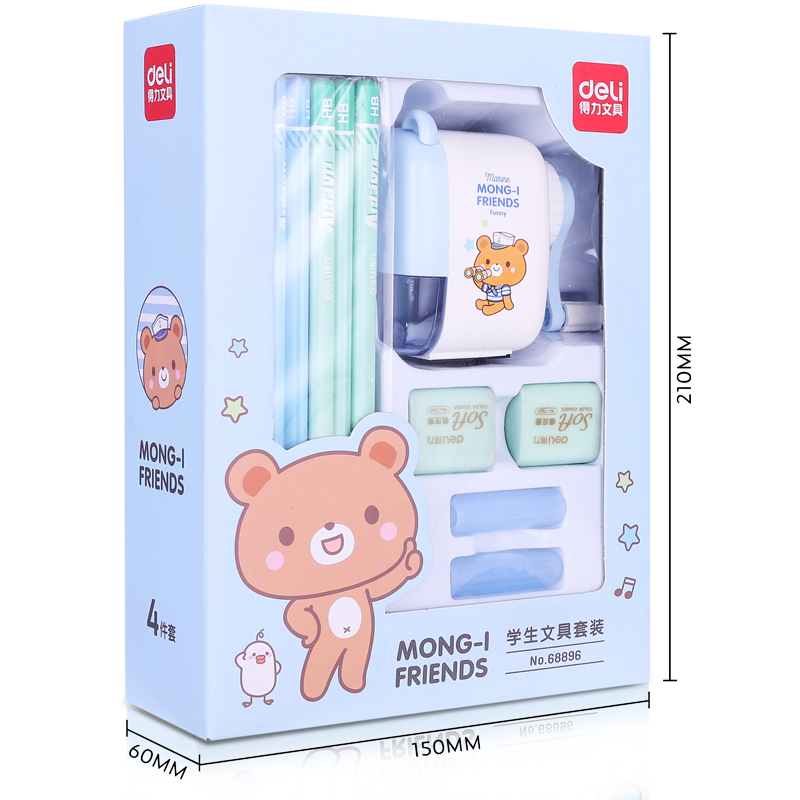
A feature of the educational project is that the developers paid special attention to the adaptation period in the first grade. The main task of this period is to ensure a painless transition of the child, taking into account his individual level of school maturity, from preschool childhood to the school stage of life.
Educational and methodological set "Primary school of the XXI century" allows you to successfully solve the problem of forming the components of educational activity:
- activity motive: “Why am I studying this?”;
- setting a learning task: "What is the task before me?";
- discussion of the method of action: "What should be done to solve the learning task?";
- control: "Did I make the right decision?";
- evaluation of the process and the result of the activity: "What are my successes and what is not working?".
Orientation to the individual pace of learning is the indisputable advantage of this educational and methodological set, since the problems of fatigue, overload of children are largely removed, and motivation for learning increases.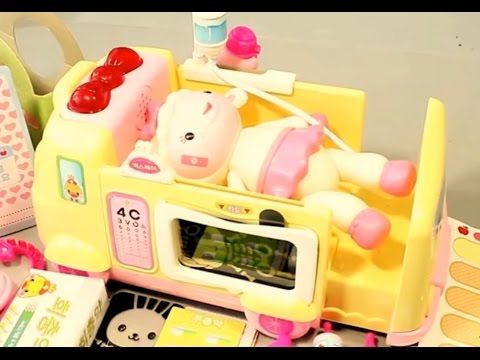
| Kirovsky District | Leninsky District | October District | Sovetic District |
|---|---|---|---|
| 27, 45, 142 | 122 | 48, 66, 77, 93, 132, 146 |
Educational and methodical set "School of Russia"
Principles of educational and methodical set "School of Russia":
- priority of education in the educational process;
- personality-oriented and activity-based nature of learning;
- combination of innovative approaches with the traditions of national education.
The main idea of the program: "School of Russia" is created in Russia and for Russia. The Russian school should become a school of spiritual and moral development.
The main feature of the methods and forms is that preference is given to the problem-search and creative activities of younger students. With this approach, a natural motivation for learning arises, the child's ability to understand the meaning of the task, plan educational work, control and evaluate its result successfully develops. The problem-search approach allows taking into account the individual characteristics of children, their interests and inclinations, purposefully developing the cognitive activity and independence of students. At the same time, the possibility of the existence of different points of view on the same issue is demonstrated, tolerance and respect for the opinion of another, a culture of dialogue is brought up, which is in good agreement with the task of forming tolerance.
With this approach, a natural motivation for learning arises, the child's ability to understand the meaning of the task, plan educational work, control and evaluate its result successfully develops. The problem-search approach allows taking into account the individual characteristics of children, their interests and inclinations, purposefully developing the cognitive activity and independence of students. At the same time, the possibility of the existence of different points of view on the same issue is demonstrated, tolerance and respect for the opinion of another, a culture of dialogue is brought up, which is in good agreement with the task of forming tolerance.
| Kirovsky District | Leninsky District | October District | Sovetic District |
|---|---|---|---|
| 3, 11 (boarding school), 59, 68, 71, 78 , 79, 83, 87, 100, 101, 104, 107, 108, 110, 122, 126, 127, 148, 161, 162, 147, 92, 99 | 22, 25, 27, 31, 39, 41, 45, 56, 58, 70, 72, 73, 88, 118, 124, 138, 141, 163 | 4, 7, 8, 32, 44, 46, 51, 61, 63, 80, 82, 86, 94, 95, 96, 98, 106, 109, 111, 112, 120, 123, 129, 133, 160, 2 (boarding school) | 1, 6, 13, 14, 15, 16, 17, 23, 24, 30, 37, 38, 48, 60, 77, 81, 85, 90, 91, 93, 103, 113, 116, 131, 132, 146, 152, 159 |
Educational and methodological package "Perspective Primary School"
The concept of the educational and methodological package "Promising Primary School" is connected with the idea of pedagogical support of the child's individuality.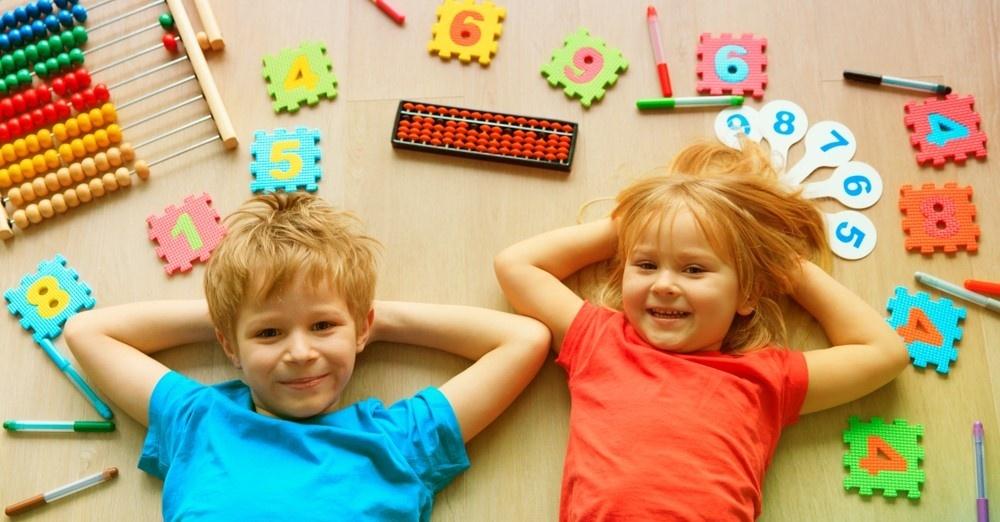 The developers believe that the conditions for the success of teaching younger students are:
The developers believe that the conditions for the success of teaching younger students are:
- firstly, taking into account the experience of the addressee of the educational and methodological set - the concept of "child's experience" includes not only his age, but also the image of the world, which is determined by his rootedness in the natural-subject environment;
- secondly, taking into account individuality - abilities, interests, inclinations of the student, the ratio of learning and development. A system of combining individual work with work in small groups, in pairs and collective activities, a system of different-level tasks for mastering each topic, specially organized within the framework of academic subjects, allows you to build the educational process in the zone of proximal development of each student based on the level of his actual development;
- thirdly, ensuring the continuous development of the student by improving the set of skills associated with working with various sources of information and with independent work, understood as a self-educational practice.
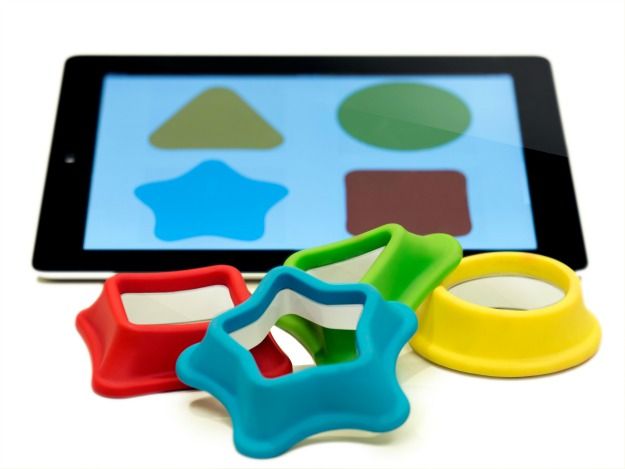 The implementation of these conditions for the success of training will allow, according to the plan of the developers of the educational and methodological package, to form a developed personality and ensure its readiness for studying in secondary school.
The implementation of these conditions for the success of training will allow, according to the plan of the developers of the educational and methodological package, to form a developed personality and ensure its readiness for studying in secondary school.
| Kirovsky district | Leninsky district | October District | Sovetsky District | Central District | 10, 36, 42, 47, 53, 54, 55, 67, 119, 135, 1400, 1451 | 59 68 75 83 92 99 104 110 114 125 126 148 162 | 25 31 39 40 41 45 72 88 89 124 163 Lyceum "Business and Information Technologies" | 4, 8, 12, 18 | 1, 16, 17, 19, 29, 48, 81, 91, 113, 116, 159 |
|---|
Educational and methodological kit "Planet of Knowledge" , providing a balance between reproductive and research, creative activities. A feature of the educational and methodological set is the possibility of implementing activity, cultural, informational and communicative approaches to learning.
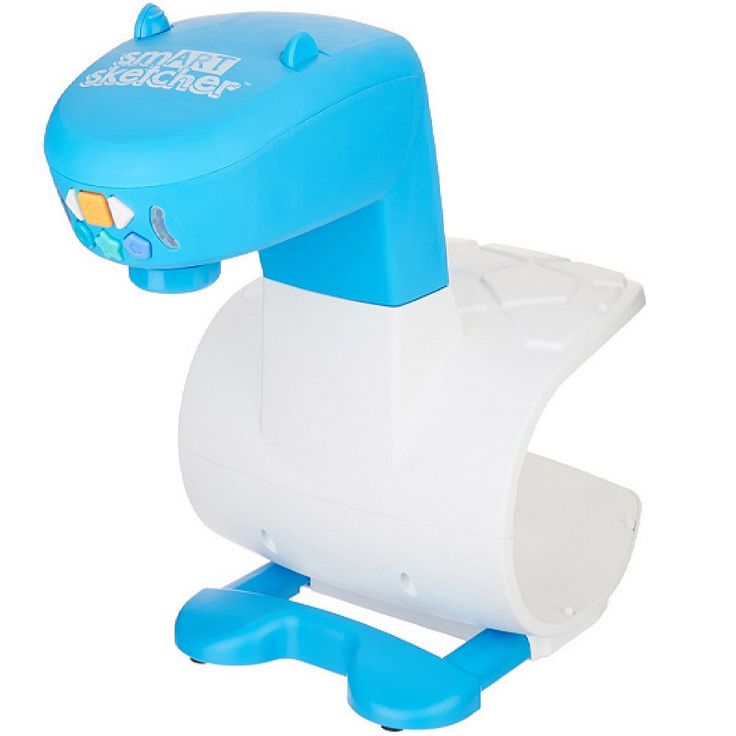 Another feature of the set is its integrity, which consists in the unity of approaches to the organization of educational and extracurricular activities, in the unity of the used educational schemes and through lines of standard tasks, in the unity of the structure of textbooks.
Another feature of the set is its integrity, which consists in the unity of approaches to the organization of educational and extracurricular activities, in the unity of the used educational schemes and through lines of standard tasks, in the unity of the structure of textbooks. The kit allows students to form general educational skills and abilities:
- the ability to solve creative problems;
- work with educational, artistic and popular science texts;
- to master the initial skills of searching for the necessary information;
- independently determine the sequence of actions for solving a learning problem;
- to determine the ways of monitoring and evaluating activities, etc.
In the subjects of the educational and methodological set, the humanitarian orientation and its influence on the emotional and social and personal development of the child are strengthened. The content of the set helps the child to recreate the integrity of the picture of the world, provides him with an awareness of the various connections between objects and phenomena and, at the same time, forms the ability to see the same object from different angles.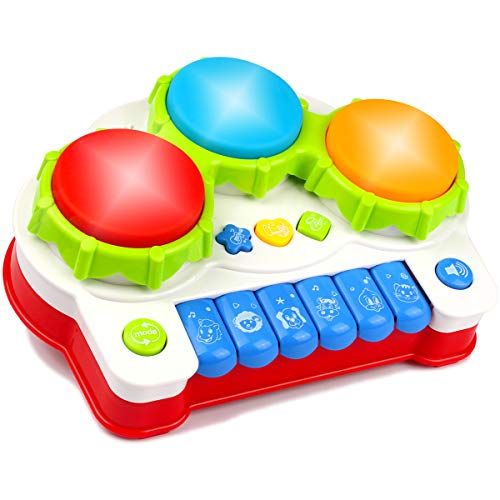
Colorfully designed textbooks have pages with differentiated and creative tasks, developing tasks and tasks for working in pairs. At the beginning of each section, thematic routes are placed, where the content and logic of the presentation of the material are presented by visual means. This allows students to form an understanding of the outline of topics.

 Its implementation in the educational and methodological set is aimed at the formation of a value worldview, the upbringing and formation of the moral position of the personality of a younger student. These tasks are solved in the process of discussing a system of issues, problematic and practical situations, texts aimed at fostering the kindest feelings, love and interest in one's family, small and large Motherland, traditions and customs of the peoples living on the territory of Russia, their cultural and historical heritage .
Its implementation in the educational and methodological set is aimed at the formation of a value worldview, the upbringing and formation of the moral position of the personality of a younger student. These tasks are solved in the process of discussing a system of issues, problematic and practical situations, texts aimed at fostering the kindest feelings, love and interest in one's family, small and large Motherland, traditions and customs of the peoples living on the territory of Russia, their cultural and historical heritage . 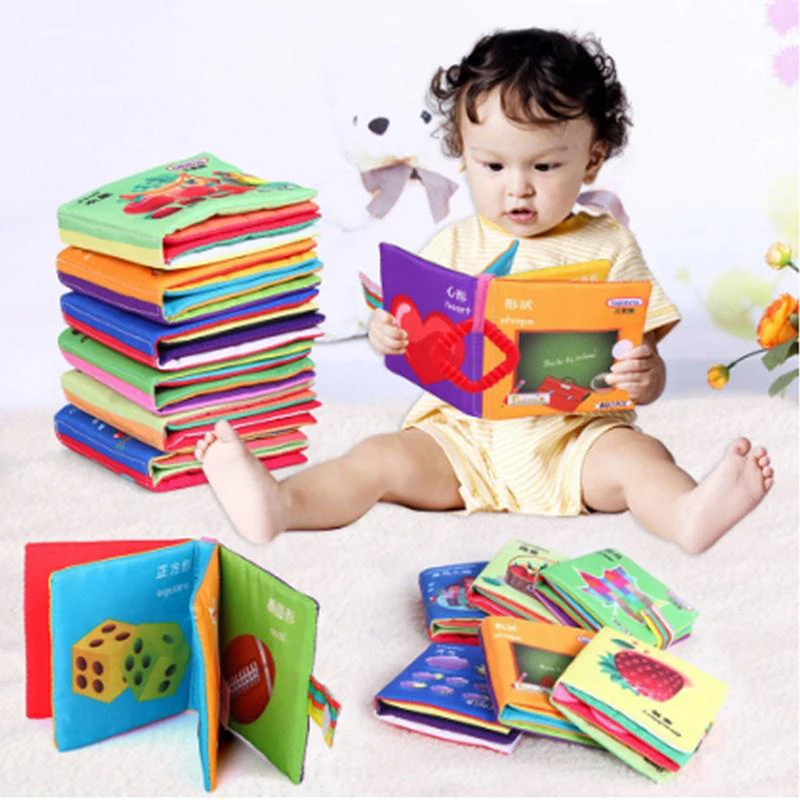
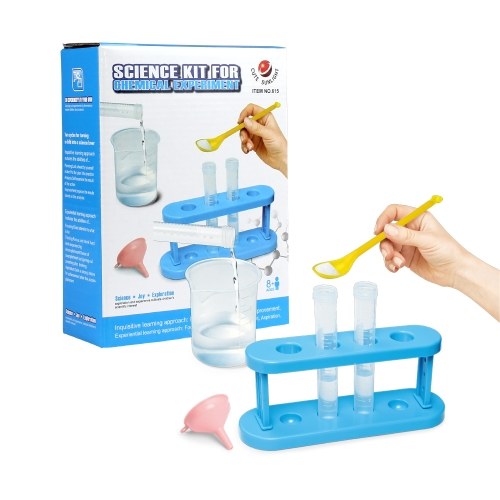 Or change one of the textbooks for a textbook from another set. Pedagogical p
Or change one of the textbooks for a textbook from another set. Pedagogical p 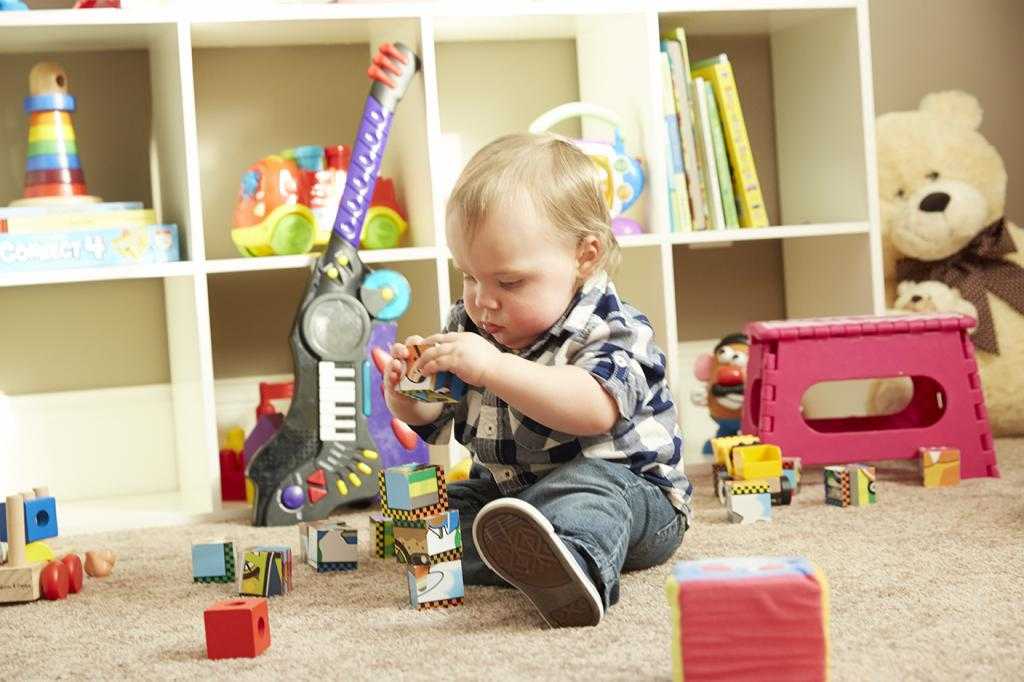 Educational organizations are free to determine the content of education, the choice of educational and methodological support, educational technologies for the educational programs they implement (Part 2, Article 28 of this Federal Law).
Educational organizations are free to determine the content of education, the choice of educational and methodological support, educational technologies for the educational programs they implement (Part 2, Article 28 of this Federal Law). 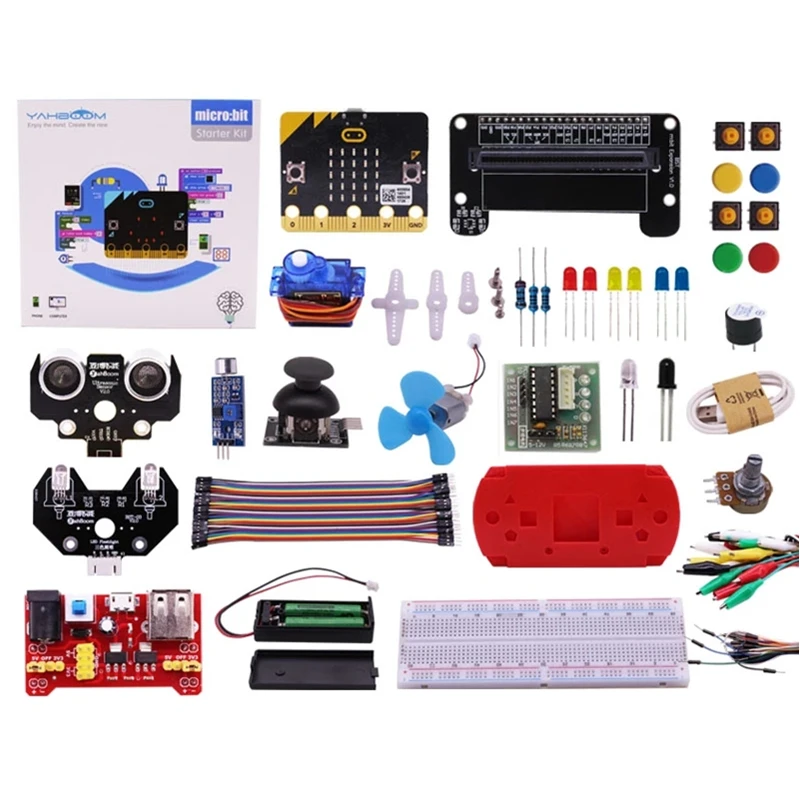 273-FZ). GEF of primary general education approved by order of the Ministry of Education and Science of Russia dated October 6, 2009No. 373 (as amended). The obligatory part of the main educational program of primary general education is 80%, and the part formed by the participants in the educational process is 20% of the total volume of the main educational program of primary general education (clause 15 of the Federal State Educational Standard of primary general education).
273-FZ). GEF of primary general education approved by order of the Ministry of Education and Science of Russia dated October 6, 2009No. 373 (as amended). The obligatory part of the main educational program of primary general education is 80%, and the part formed by the participants in the educational process is 20% of the total volume of the main educational program of primary general education (clause 15 of the Federal State Educational Standard of primary general education). 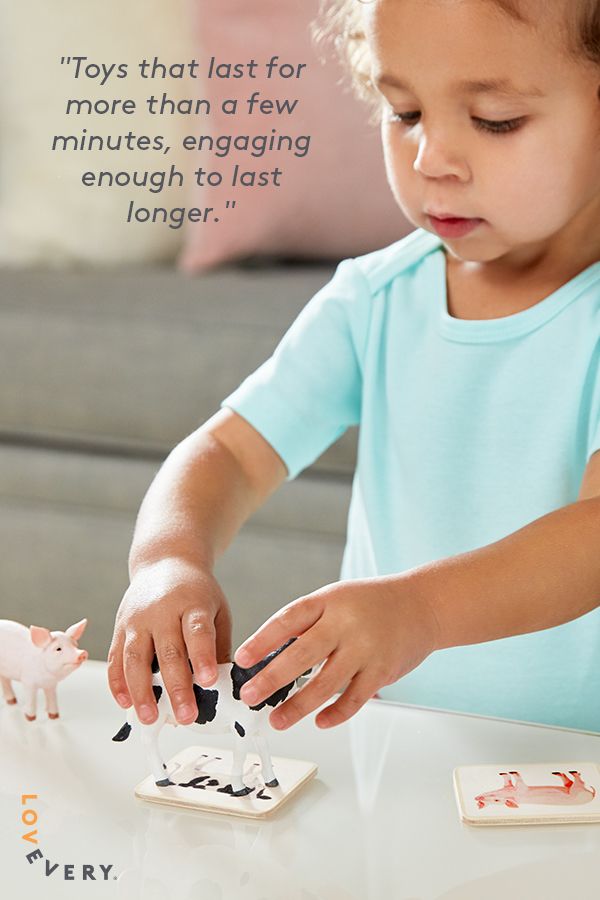 The list consists of three parts, one of which contains textbooks recommended for use in the implementation of a part of the main educational program formed by participants in educational relations. As stated in the letter of the Department of State Policy in the field of general education of the Ministry of Education and Science of Russia dated 29April 2014 No. 08-548, the federal list of textbooks includes textbooks recommended by the relevant Scientific and Methodological Council and meeting the following requirements:
The list consists of three parts, one of which contains textbooks recommended for use in the implementation of a part of the main educational program formed by participants in educational relations. As stated in the letter of the Department of State Policy in the field of general education of the Ministry of Education and Science of Russia dated 29April 2014 No. 08-548, the federal list of textbooks includes textbooks recommended by the relevant Scientific and Methodological Council and meeting the following requirements: 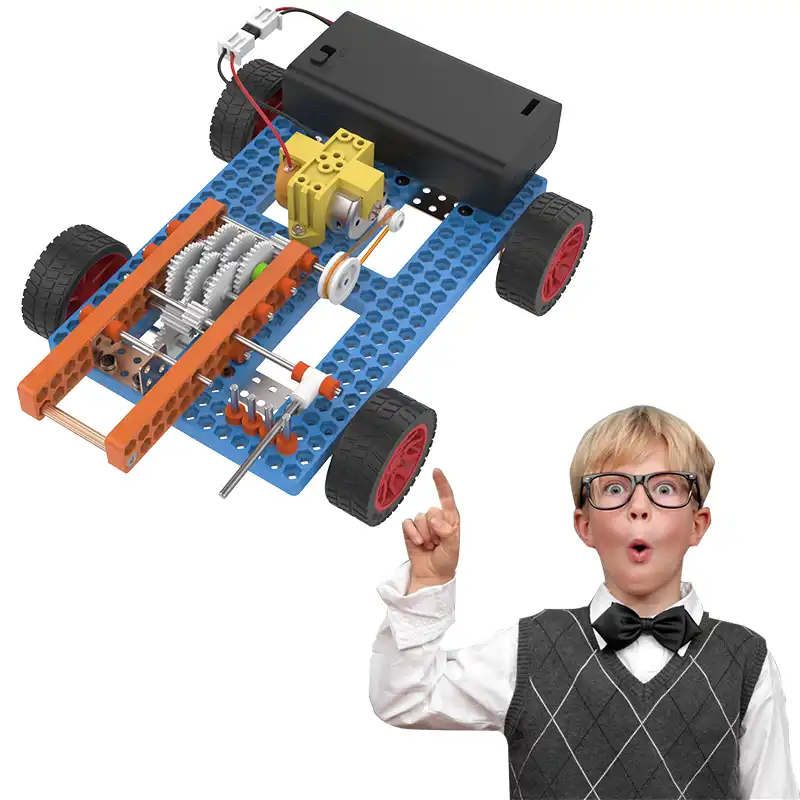 In order to ensure the individual needs of students, the part of the curriculum formed by the participants in the educational process provides for training sessions for in-depth study of certain compulsory subjects, and training sessions that ensure the various interests of students, including ethno-cultural (paragraph 19.3 GEF primary general education).
In order to ensure the individual needs of students, the part of the curriculum formed by the participants in the educational process provides for training sessions for in-depth study of certain compulsory subjects, and training sessions that ensure the various interests of students, including ethno-cultural (paragraph 19.3 GEF primary general education). 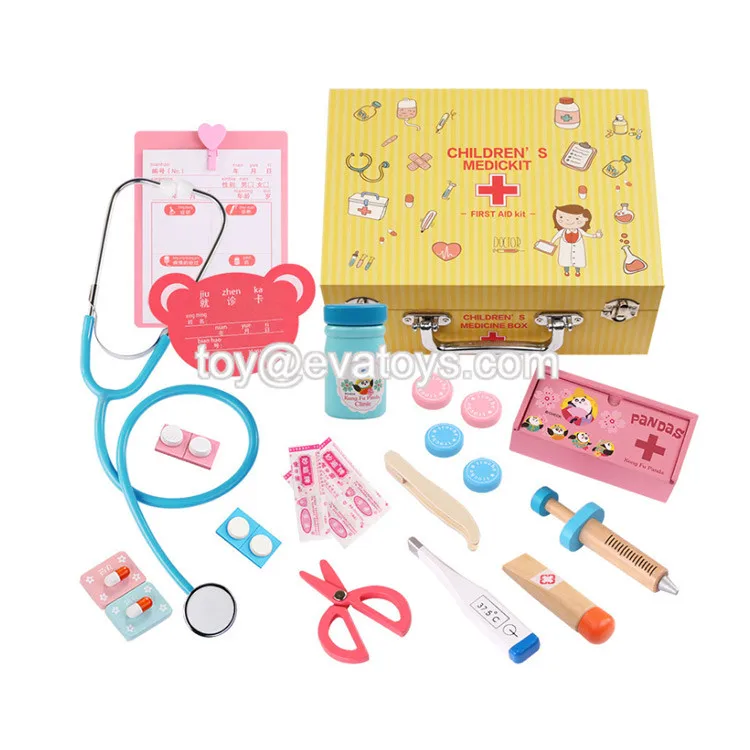
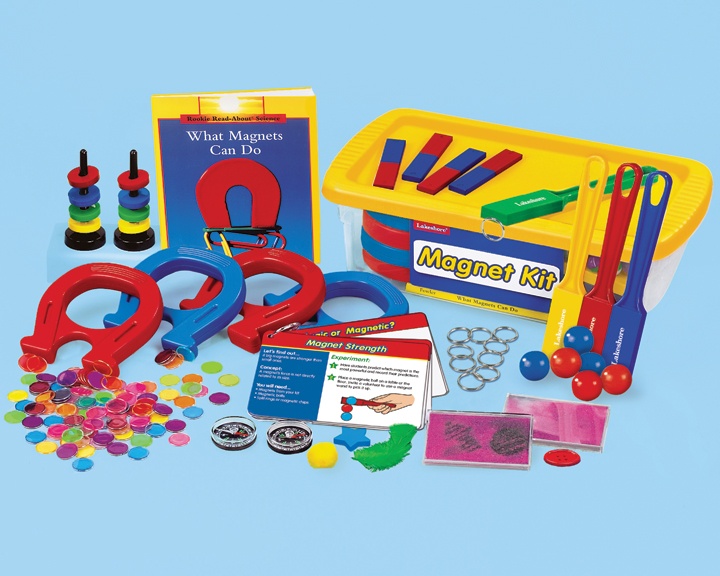 273-FZ). Another option for resolving the situation is to apply to the commission for settling disputes between participants in educational relations (Article 45).
273-FZ). Another option for resolving the situation is to apply to the commission for settling disputes between participants in educational relations (Article 45). 